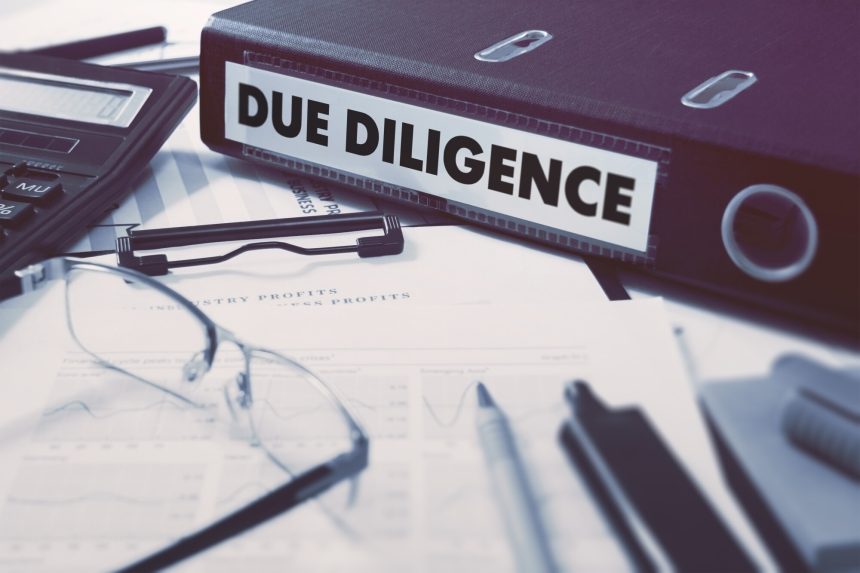Did you know that in 2018 a record 10,312 businesses were sold in the USA? Thanks to the positive economic conditions of previous years, it could seem like a great time to acquire a business that is already established and successful.
If you are considering buying a business, you will likely know that you need to do your homework before you sign on the dotted line. This is often called due diligence.
What is due diligence? How can you get the help you need to gather the best business intelligence possible?
Why not read on in our in-depth article to find out.
What Is Due Diligence?
Due diligence is the name that experts give to the research that you do before you sign to purchase a business. It involves gathering data and corporate intelligence. Its purpose is to ensure that the deal does not harm you, your reputation and that you remain legally compliant.
You will likely involve a number of professionals in this process including an attorney, an accountant, and even a private investigator in some circumstances.
When Should You Perform Due Diligence Research?
When you approach a business with the goal of acquiring it you will likely first indicate your interest verbally and then in writing. The written statement is usually in the form of a “letter of intent”.
The letter of intent is a non-binding indication of your interest. However, it usually gives the go-ahead for you to start investigating, or conducting due diligence, prior to purchasing it.
It is at this point that you involve your team of professionals. You will likely also add an appraiser or Certified Public Accountant to help you understand the true worth of the company you are thinking of buying.
What Areas Should We Pay Particular Attention To?
When doing corporate intelligence there are some particularly sensitive areas that you will want to gather solid information about. What are some of these?
Lawsuits and Court Rulings
When buying a business you do not want to be saddled with financial or legal constraints that you were unaware of on purchase. Be sure to check that any lawsuits are completely finalized and that any restrictions are not currently binding.
Financial Processes and Documents
You could be liable to pay any historical business transactions that landed the company in debt. Avoid this by ensuring that you obtain financial statements, income records, and any money that is owed to the company.
Tax Records
Check that all income has been reported and that an outside tax company has audited the accounts of the business according to the governmentally required schedule. You should do this before you finalize the business deal.
How to Conduct Due Diligence and Much More
If you are a small business, you may not feel that conducting due diligence is a high priority. However, as we have discussed, doing so can protect your reputation and even keep you compliant with the law.
Would you like to learn more about this and similar subjects? Why not head over to our blog page where we have more waiting for you.














